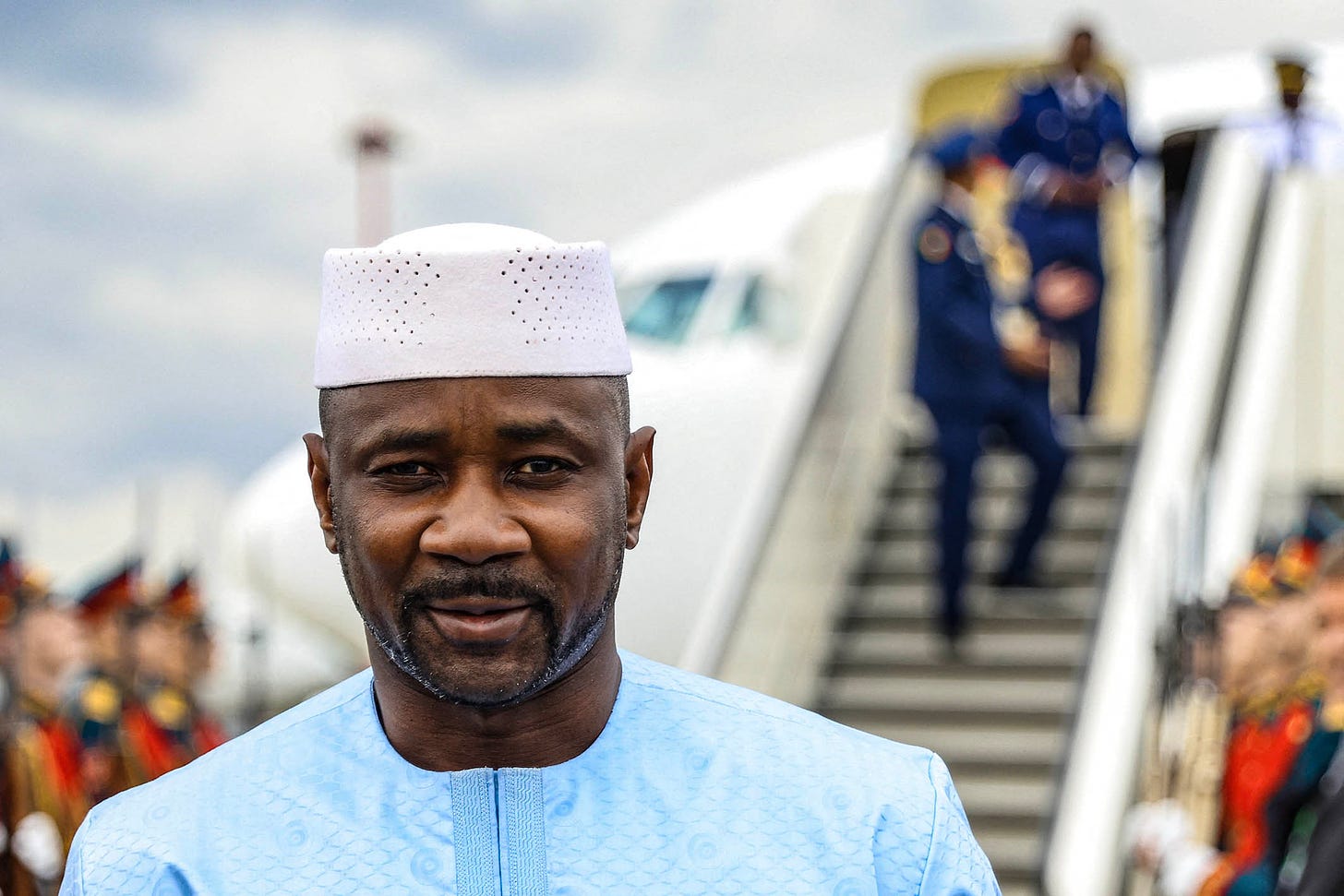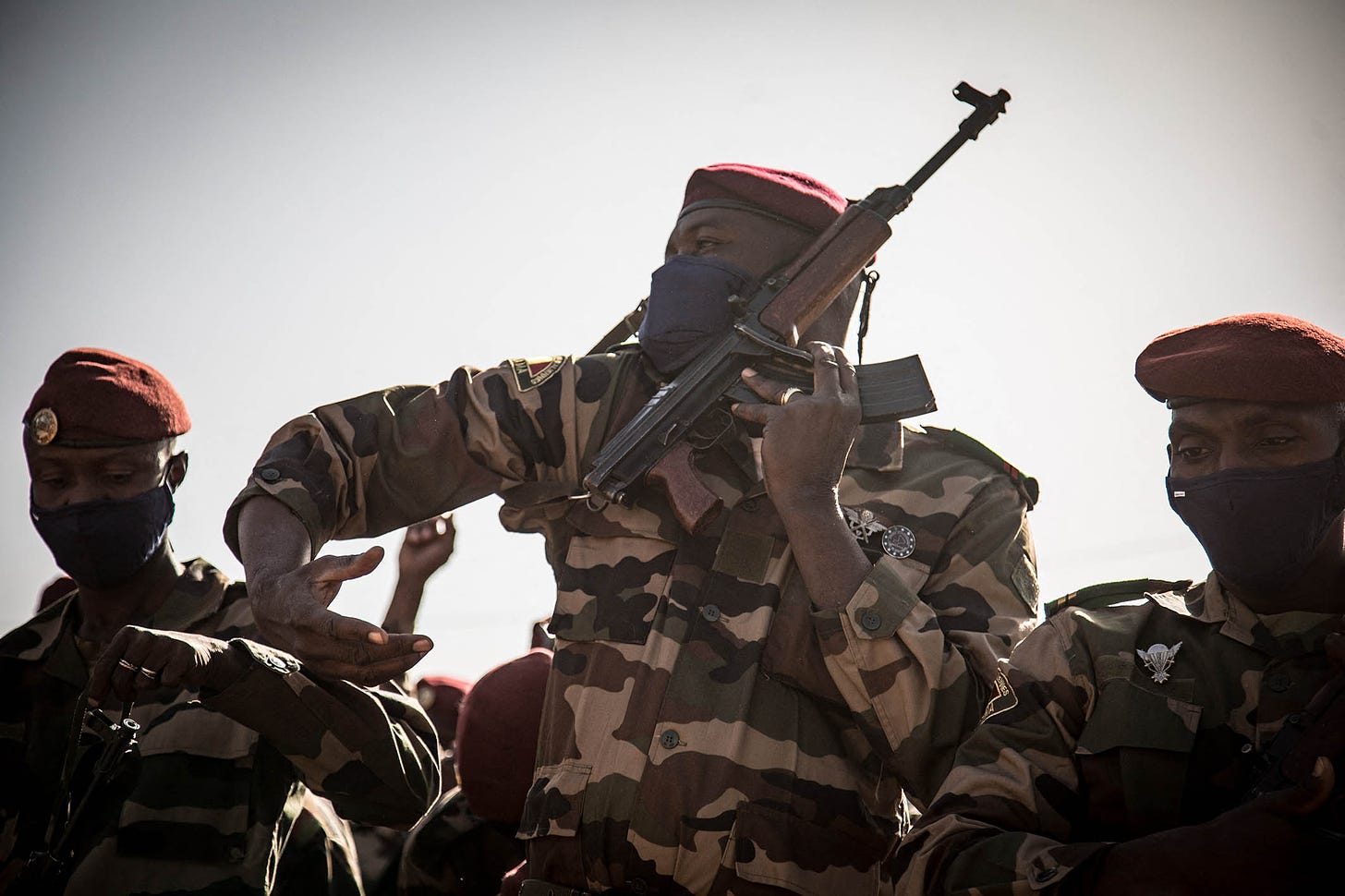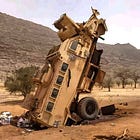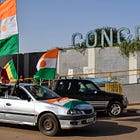Goïta appears ready to give elections a go
But a day at the ballot boxes won’t necessarily make the military just some junta that you used to know.
Beverly Ochieng

Technically, Colonel Assimi Goïta does not have to hold elections any time soon. In May, after what his government called a national consultation, military rule in Mali was extended to 2027.
But he has a tactical incentive to do so now: battlefield difficulties are hollowing out his promise to secure the country. A political process to consolidate power and placate external demands for legitimacy is more attractive than it ever has been in the four years since his coup d’etat.
And it looks like he could soon be out canvassing. Mali’s 2025 budget includes a tell-tale allocation: $135-million for election expenses, a government report published in late September shows.
Goïta’s military campaign in the north, which began in July 2023 after United Nations peacekeepers were asked to leave, has in recent months seen frontline setbacks, creating an urgency for the junta to secure its mandate by other means.
The campaign started out promisingly for the Malian army. In November 2023 it pulled off the symbolic seizure of the separatist stronghold of Kidal. Four months later, with instrumental support from Russian Africa Corps (ex-Wagner) paramilitaries, it took control of the N’Tahaka gold mine and the government announced plans to begin mining operations there.
Mali’s 2025 budget includes a tell-tale allocation: $135-million for election expenses, a government report published in late September shows.
But things took a turn in late July. In a fierce battle in Tinzaouatene near the Algerian border, rebels killed dozens of Malian and allied Russian fighters; Goïta’s biggest military upset so far.
Permanent Strategic Framework (CSP-DPA) separatists and al-Qaeda’s Sahel affiliate, Jamaat Nusrat al-Islam wal-Muslimin (JNIM) both claimed responsibility. Further frontline losses would eclipse the Kidal and N’Tahaka wins.
And that campaign has left southern Mali more vulnerable.
The country’s capital Bamako was on 17 September encroached upon in a series of attacks later claimed by JNIM, which on 3 October shared images purportedly showing its province in the western mining region of Kayes. Over the past two years, the rebel group has been expanding westwards, staging blockades in the Koulikoro region. Its so-called province in Kayes would be the westernmost point of that expansion.
Malian mines, mostly in the country’s southwest, are unlikely to be directly attacked, but their supply routes are now under pressure from JNIM attacks while Malian security forces focus on the north.
If you can’t beat them, play politics
Calling an election is not an especially risky gambit for Goïta. Critics and activists have been discredited with prosecutions, suspended jail terms and exile, tilting the playing field in the event of an upcoming election.
Influential cleric Mahmoud Dicko who was the symbol of the protests that propelled Goïta in power in 2020 is now in exile. The leader of his political movement in Mali was given a suspended jail sentence.
Members of the opposition 31 March Declaration have remained in detention since June for meeting during the threemonth ban on political activities that edged the opposition out of last year’s national consultation process.
A parallel transitional government formed in May and made up of figures who fled from Mali after the 2020 coup remains in exile.
Should an election happen, Colonel Goïta – who still has significant popular support despite the widespread insecurity – would be a clear frontrunner.
In the coming weeks, discussions are likely to take place about modifying the electoral law to give military officials greater leeway to seek elective posts.
An election would placate the international community including the Economic Community of West African States (Ecowas), which still wants some sort of election to “fix” the problem of miltary rule.

Ecowas has already extended its olive branch, climbing down from its fiery post-coup threats to keeping largely mum about unilateral extensions of military rule by Mali and Burkina Faso, and negotiating with them to stay after they formed their own Alliance of Sahel State (AES). An election could be Goïta’s own peace offering.
Back on side with Ecowas, Goïta’s security bets would also be hedged by another option – one that Ecowas would prefer and has suggested: a regional counterterror force.
In the event of an election, political coalitions and activists aligned with the transitional government are likely to take part to give the election some credibility.
However, key positions such as the defence, foreign affairs and mining ministries will have loyalists of the junta continuing to pursue sovereignist policies.
Mali would be a template for its AES allies. Much like Chad’s transitional election reinforced the military family dynasty; putschists in Burkina Faso who moved transition to 2029; and in Niger, which is yet to commit to an electoral calendar but announced plans for national consultations, Mali would show a way to preserve military rule while fulfilling external demands for transition.
But domestic stakeholders, including those exiled and harassed opposition figures, would not necessarily buy elections as a proxy for real transition, change, legitimacy or greater inclusion. So, political stability risks will continue to oscillate between high and extreme.





